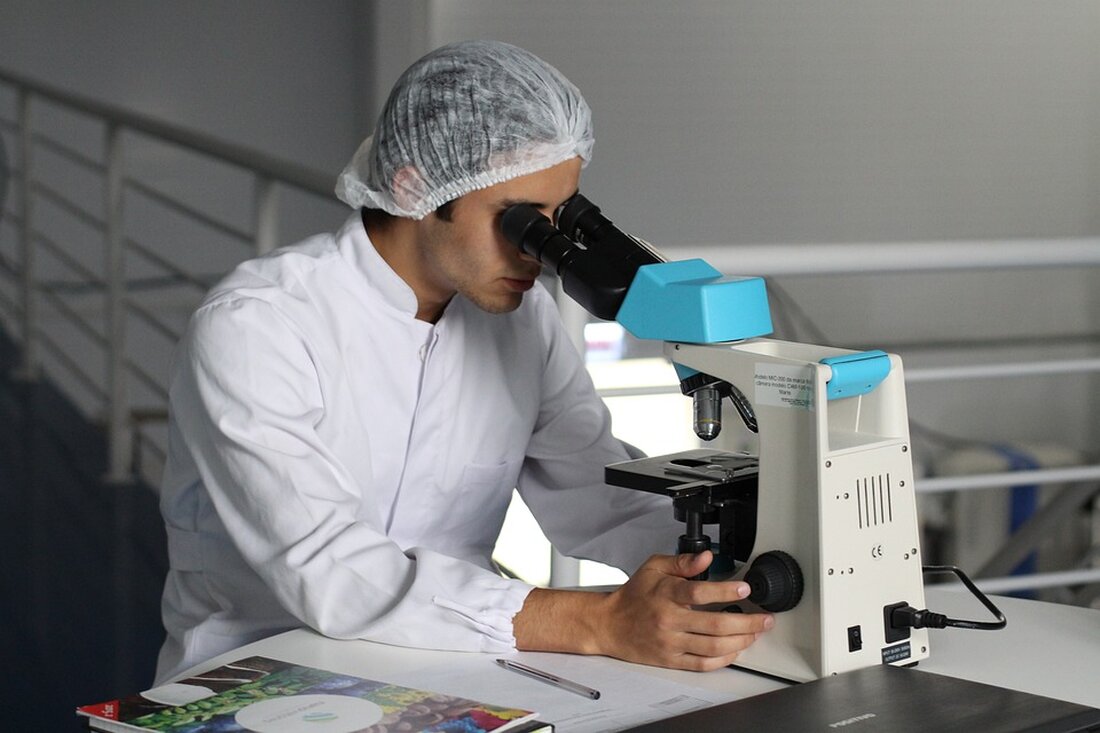Respiratory diseases: pharmacies help patients in inhalation technology
"Learn how a new pharmaceutical service in pharmacies can support patients with respiratory diseases. A study shows that 80 % of the patients use their inhalation devices incorrectly. Through targeted training courses for inhalation technology, errors can be minimized and drug therapy improved sustainably. Find out more about the advantages and demands requirements for your health."

Respiratory diseases: pharmacies help patients in inhalation technology
The importance of inhalation technology for the health of respiratory patients
In a recent investigation, it was found that errors in the inhalation of medication against respiratory diseases are widespread. An estimated four out of five patients do not correct their medication. This not only has an impact on the health of those affected, but also leads to economic consequences, since inefficient drug applications therefore do not show the desired effect.
by a scientific survey that included 258 patients into twelve pharmacies, important insights into the challenges of inhalation technology were gained. The President of the ABDA - Federal Association of German Pharmacists' Associations, Gabriele Regina Overwiening, emphasized the importance of pharmacies for improving drug therapy. "Our pharmaceutical service is considered very helpful by 81 percent of the participants," said Overwiening. This speaks for the value of the support that patients can receive in pharmacies.
A central result of the study shows that 83 percent of the patients surveyed made mistakes in demonstrating their inhalation technology. On average, three errors per inhalation were identified, with seven mistakes even noted in children under ten years. Interestingly, many patients assessed their own skills with regard to inhalation technology as good to very good, which illustrates how difficult the correct application actually is.
The pharmacies offer a special service called "Extended instruction in the correct drug application with practice inhalation technology". These training courses are particularly important for patients from the age of six who receive newly prescribed medication or change their inhalation aid. Participants who have not received a practical guide for their inhalation devices in the past 12 months can also benefit from this valuable training.
In view of the challenges associated with the correct use of inhalation devices, it becomes clear that the establishment of such training offers in pharmacies can not only support individual health, but also the efficiency of the health system. It is of great importance that patients learn the right technology to maximize the effects of their medication and to avoid unnecessary costs for the health system.For more detailed information on the advisory services offered in pharmacies, it is advisable to visit the website www.abda.de
This initiative could offer patients in Berlin and beyond a decisive part to improve their respiratory health and at the same time address the general challenges in healthcare.

 Suche
Suche
 Mein Konto
Mein Konto
